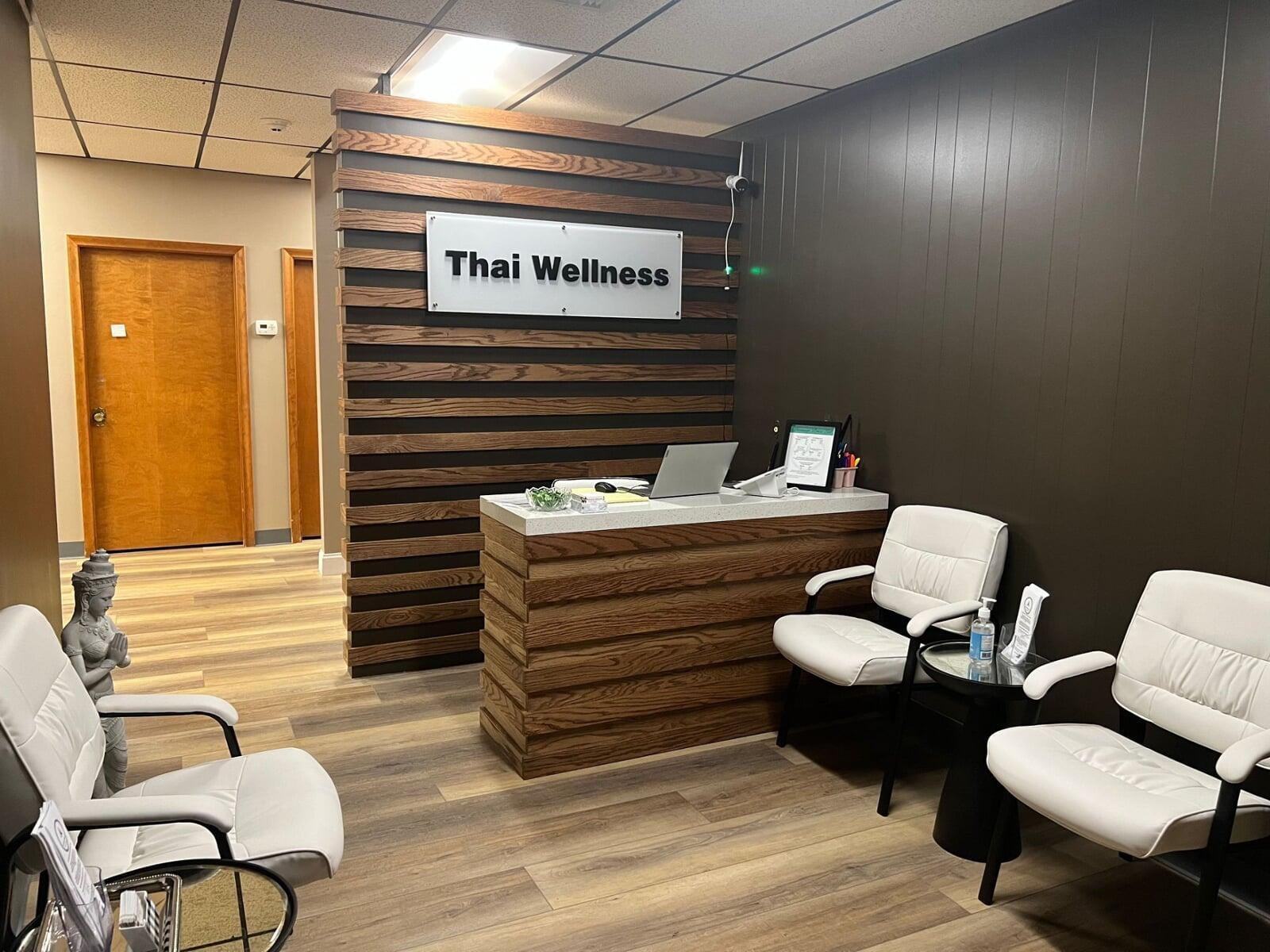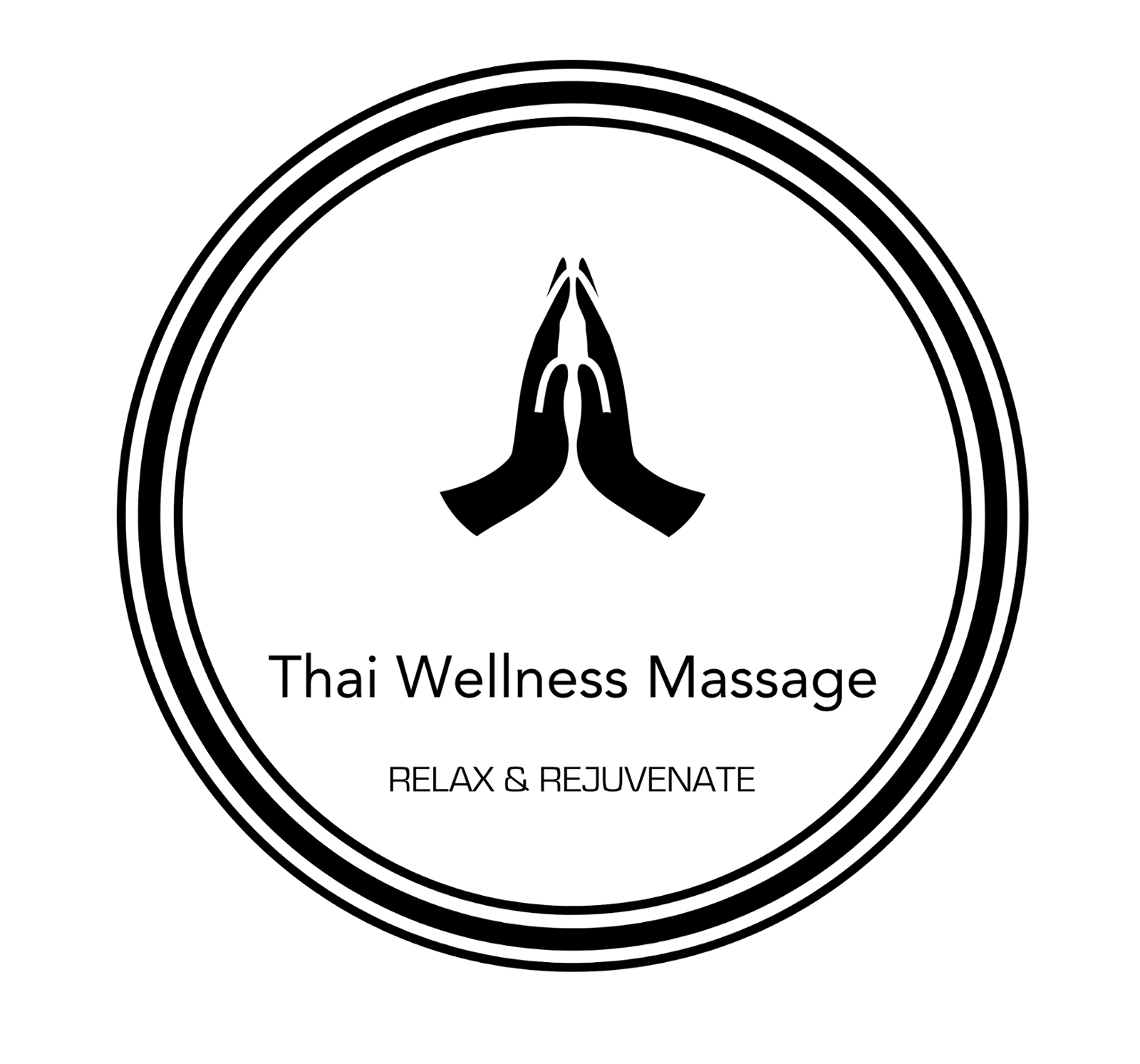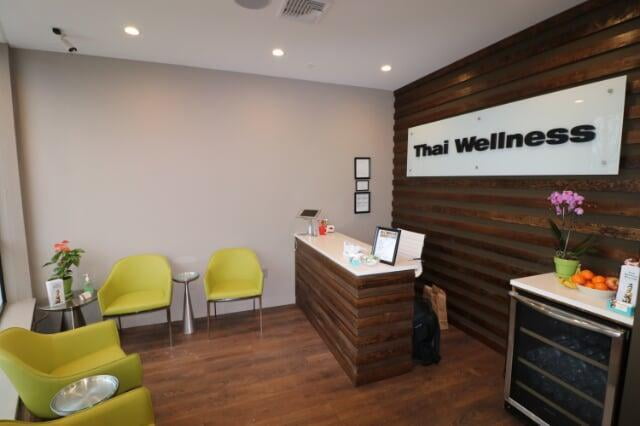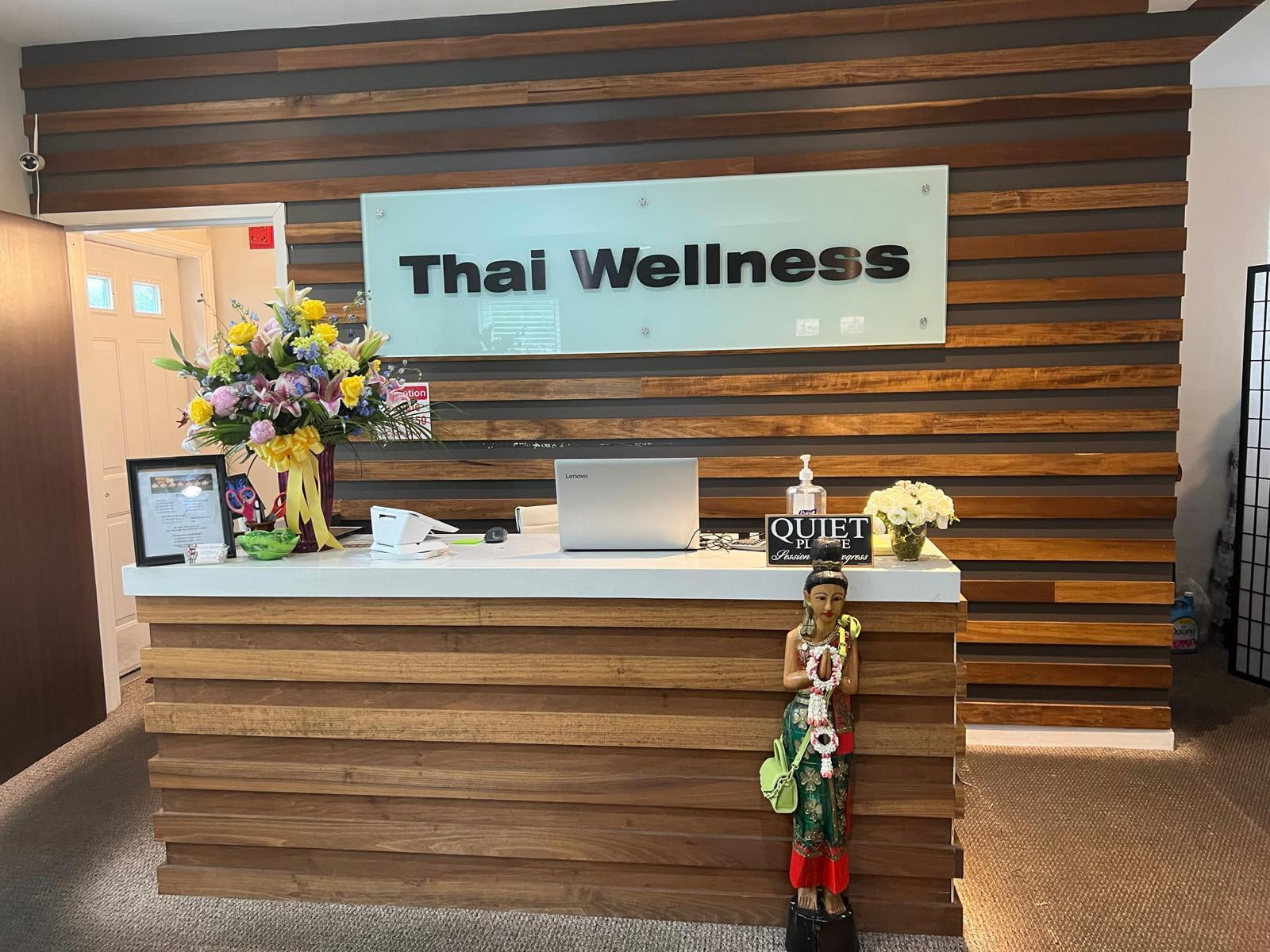Traditional Thai Massage
Benefits
60 Minutes - $120 || 90 Minutes - $160
Who should consider a Traditional Thai Massage?
Traditional Thai massage, also known as Nuad Thai, can be a great choice for a variety of people seeking to improve their well-being. Here's a breakdown of who can benefit most:
Good Candidates
- Active Individuals and Athletes: Thai massage's focus on flexibility and relieving muscle tension can be particularly helpful for those who exercise regularly or deal with workout-related soreness.
- People with Tightness and Reduced Mobility: If you feel stiff or have limited range of motion, Thai massage's stretches and acupressure techniques can help loosen you up and improve flexibility.
- Stress Seekers: Looking to unwind and de-stress? Thai massage's combination of rhythmic compressions, stretches, and focus on breathing promotes relaxation and reduces stress hormones.
- Those with Sleep Issues: The relaxation benefits of Thai massage can contribute to better sleep quality, allowing for improved rest and rejuvenation.
People to Consult a Doctor Beforehand:
- Pregnant Women: While massage is generally safe during pregnancy, Thai massage's stretching techniques might not be recommended. It's best to consult your doctor for guidance.
- People with Certain Medical Conditions: If you have conditions like blood clotting disorders, osteoporosis, or recent injuries, consulting a doctor ensures Thai massage is safe for you.
- Those with Low Pain Tolerance: Thai massage can involve some pressure. If you have a low pain threshold, discuss this with the therapist beforehand. They can adjust the pressure or recommend a gentler massage like Swedish massage.
What to expect during your session
A traditional Thai massage, also known as Nuad Thai, is a unique experience that combines acupressure, yoga-like stretches, and rhythmic manipulation by the therapist. Here's a breakdown of what you can expect during a session:
Before the Massage
Consultation: Similar to other massages, the therapist will discuss your health history, areas of concern, and desired outcomes. This allows them to tailor the massage to your specific needs.
During the Massage
- Remember, a Traditional Thai Massage should never be painful. If you experience any discomfort, communicate with the therapist right away.
- Warm-up: The therapist may begin with some gentle stretches or light pressure to warm up your muscles and prepare them for deeper work.
- Acupressure: The therapist will apply firm pressure to specific points on your body's energy lines (sen) similar to acupressure. This is believed to stimulate energy flow and promote balance.
- Stretching and Rocking: The therapist will gently guide you into a series of yoga-like stretches and passive positions. They may also use their body weight or hands to gently rock and compress your body to improve flexibility and release tension.
- Walking and Walking on the Back: This is a characteristic element of Thai massage where the therapist walks on your back using their feet or forearms. The pressure is applied along the energy lines and shouldn't be painful. Communication is key here, so let the therapist know if anything feels uncomfortable.
- Cooling Down: Towards the end of the session, the therapist will slow down the pace and use gentler stretches to bring your body back to a relaxed state.
After the Massage
Drink Plenty of Water: Increased blood flow from the massage can lead to dehydration, so drinking plenty of water afterward is essential.
Listen to Your Body: You may experience some soreness after a deep tissue massage, which is usually normal and fades within a day or two. Be mindful of your body and take it easy if needed.
Ready to Book Your Traditional Thai Massage Session ?
Select the Button under the location where you would like to have your appointment.
